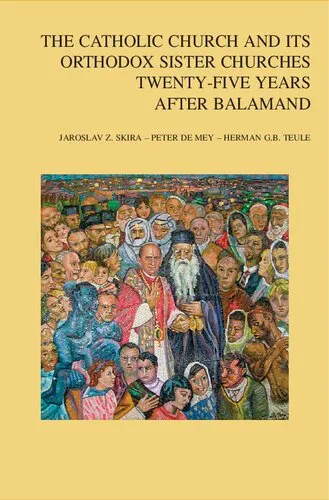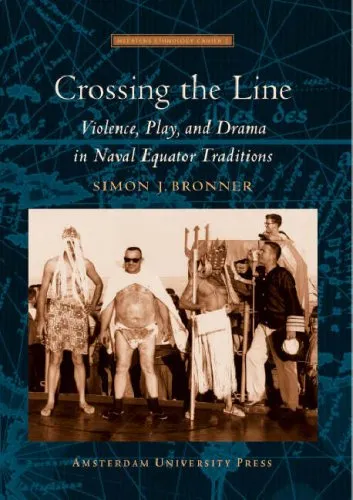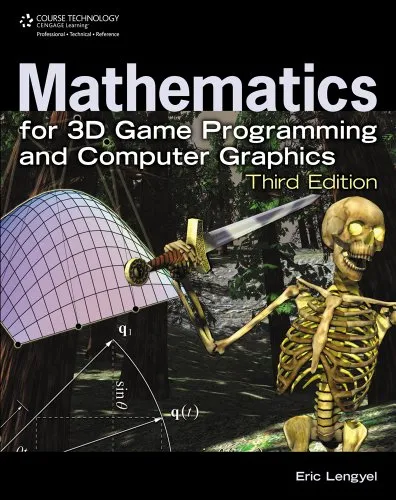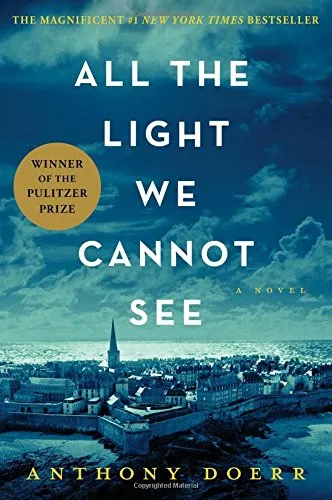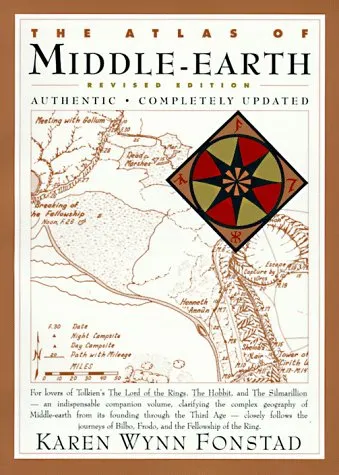The Catholic Church and Its Orthodox Sister Churches Twenty-five Years After Balamand (Bibliotheca Ephemeridum Theologicarum Lovaniensium, 326)
4.4
Reviews from our users

You Can Ask your questions from this book's AI after Login
Each download or ask from book AI costs 2 points. To earn more free points, please visit the Points Guide Page and complete some valuable actions.Related Refrences:
In 1993 the Joint International Commission for Theological Dialogue between the Catholic Church and the Orthodox Church promulgated what became known as the Balamand Document, "Uniatism, Method of Union of the Past and the Present Search for Full Communion". While the first agreed statements of that ecumenical dialogue aroused great enthusiasm and hope for Catholic-Orthodox unity, the Balamand documented interjected a period of instability in Catholic-Orthodox relations that has persisted to this day. These sixteen essays by Orthodox, Roman Catholic, Eastern Catholic and independent scholars bring together studies on the quarter century since the Balamand document was first proclaimed. The first section of this book presents the historical and theological context of modern Orthodox-Catholic ecumenical dialogue. What is often at stake in movements of reconciliation are the healing of painful memories of the past. The second part of the book examines the reception and, in some cases, non-reception of the Balamand Document in Central and Eastern Europe, while the third section engages the reception of the Balamand Document in the Middle East, with chapters on the Oriental Orthodox Churches and the Assyrian Church of the East. The various authors reveal the great diversity that exists in the spiritual, theological, historical and liturgical traditions of the Eastern Catholic Churches, especially in their relations with the Orthodox Churches. The studies also examine differing perspectives on both the benefits and problematics of directly engaging Eastern Catholics in ecumenical dialogue, and the role that they might play in a vision of full communion so that reconciliation and unity have a truly authentic and lasting significance.
Free Direct Download
You Can Download this book after Login
Accessing books through legal platforms and public libraries not only supports the rights of authors and publishers but also contributes to the sustainability of reading culture. Before downloading, please take a moment to consider these options.
Find this book on other platforms:
WorldCat helps you find books in libraries worldwide.
See ratings, reviews, and discussions on Goodreads.
Find and buy rare or used books on AbeBooks.
1247
بازدید4.4
امتیاز0
نظر98%
رضایتReviews:
4.4
Based on 0 users review
Questions & Answers
Ask questions about this book or help others by answering
Please login to ask a question
No questions yet. Be the first to ask!
